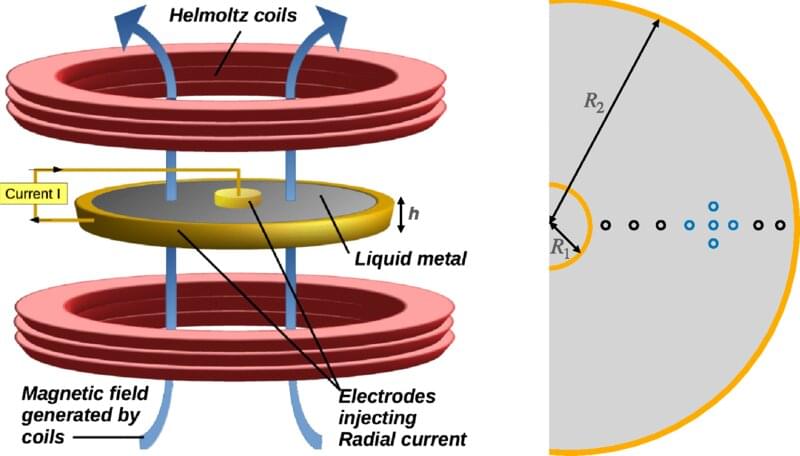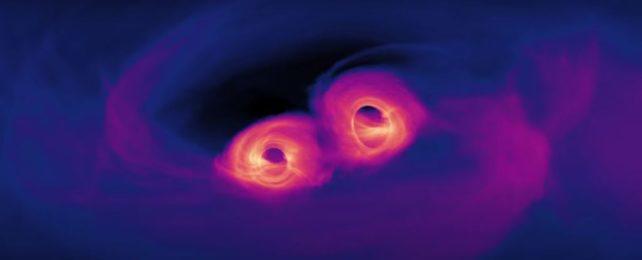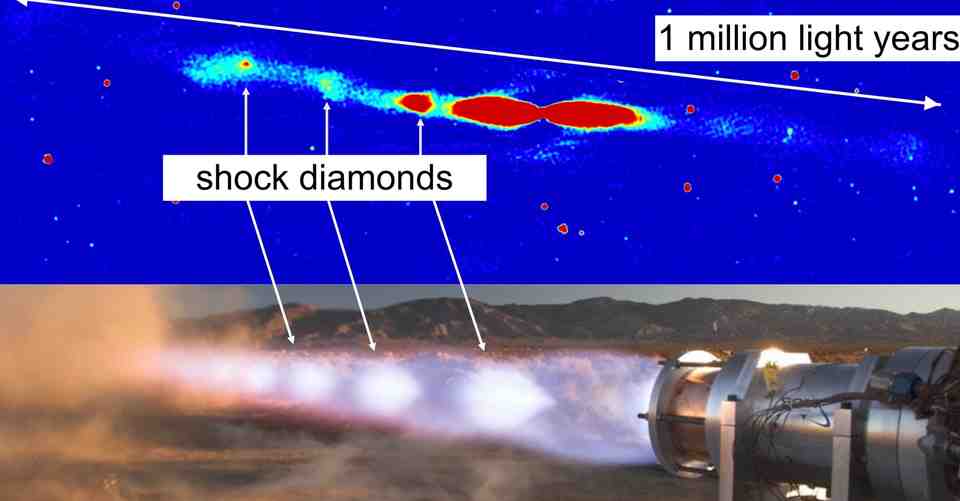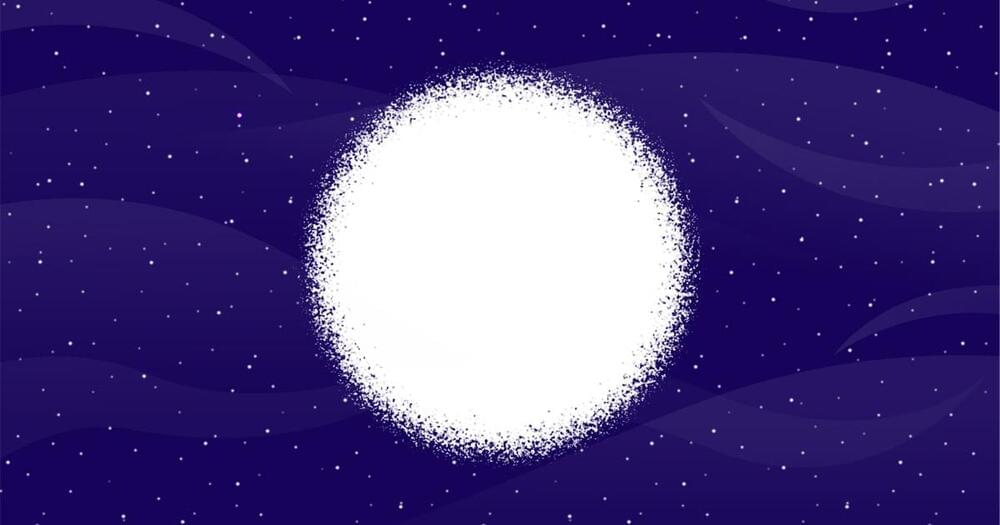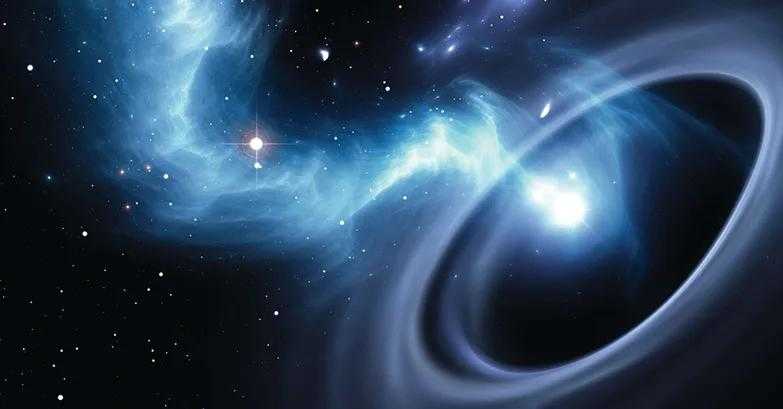Then a mere scientist pulled it off. Otto von Guericke invented a pump to suck the air from within a hollow copper sphere, establishing perhaps the first high-quality vacuum on Earth. In a theatrical demonstration in 1,654, he showed that not even two teams of horses straining to rip apart the watermelon-size ball could overcome the suction of nothing.
Since then, the vacuum has become a bedrock concept in physics, the foundation of any theory of something. Von Guericke’s vacuum was an absence of air. The electromagnetic vacuum is the absence of a medium that can slow down light. And a gravitational vacuum lacks any matter or energy capable of bending space. In each case the specific variety of nothing depends on what sort of something physicists intend to describe. “Sometimes, it’s the way we define a theory,” said Patrick Draper, a theoretical physicist at the University of Illinois.
As modern physicists have grappled with more sophisticated candidates for the ultimate theory of nature, they have encountered a growing multitude of types of nothing. Each has its own behavior, as if it’s a different phase of a substance. Increasingly, it seems that the key to understanding the origin and fate of the universe may be a careful accounting of these proliferating varieties of absence.
